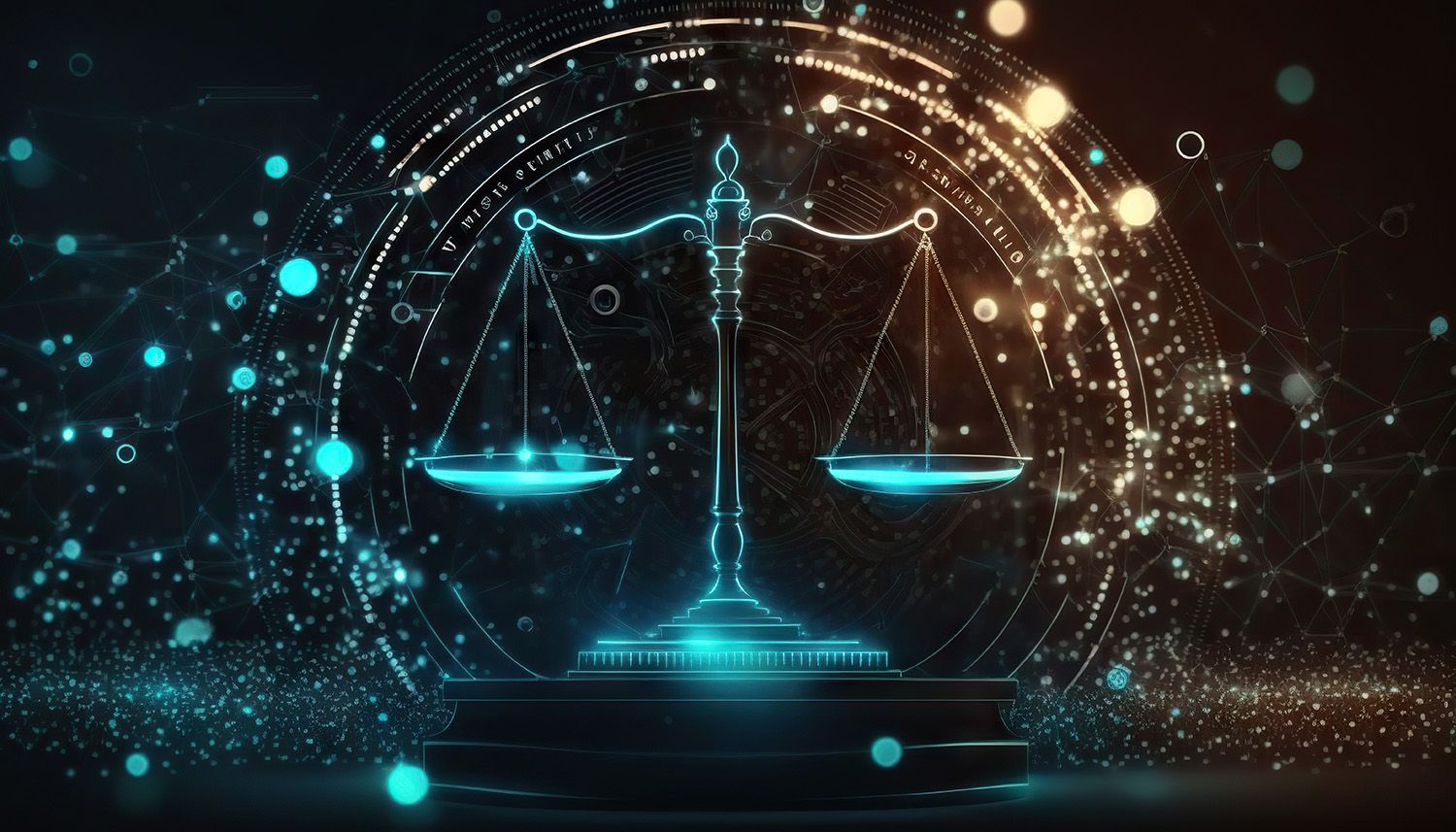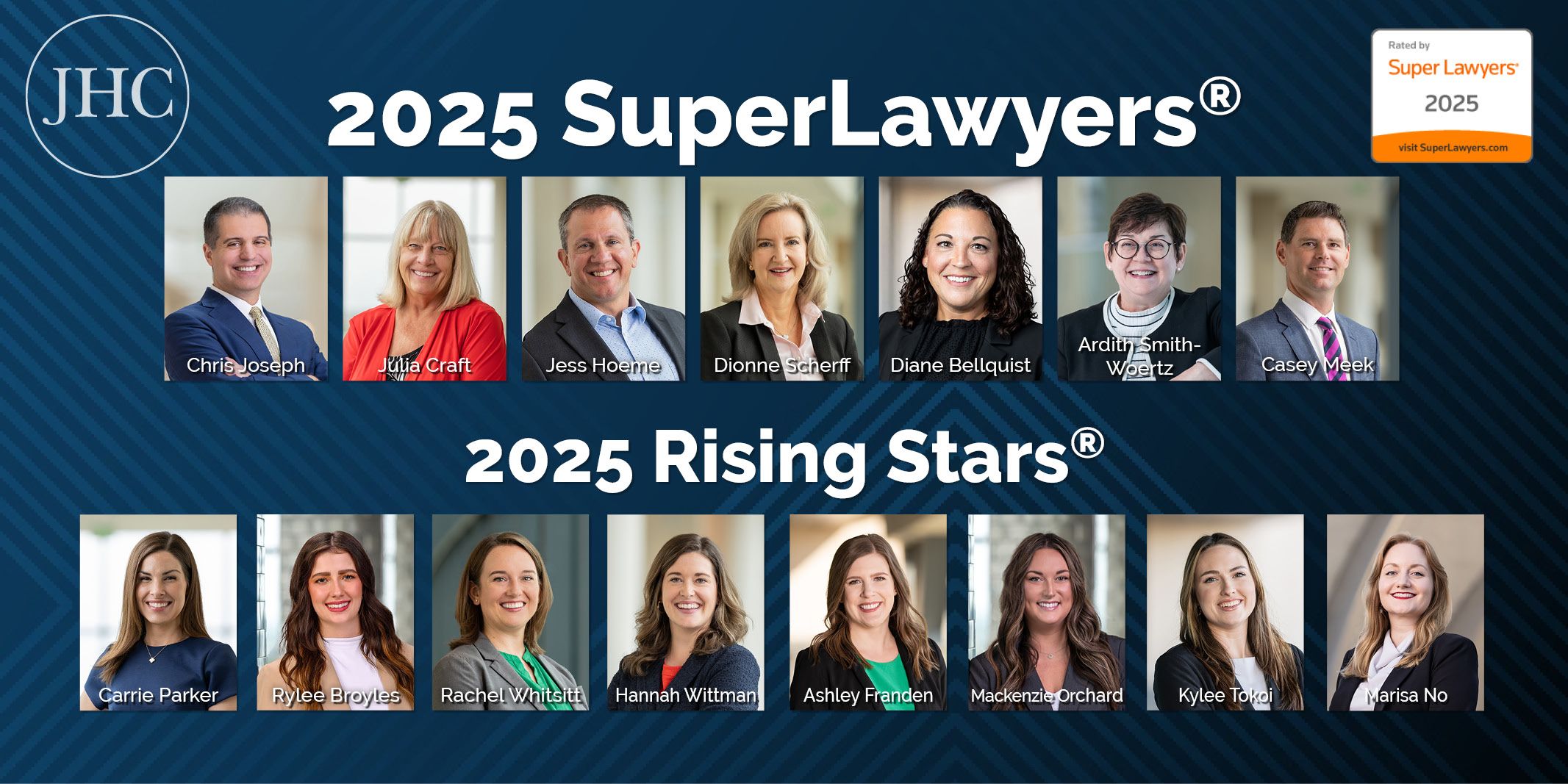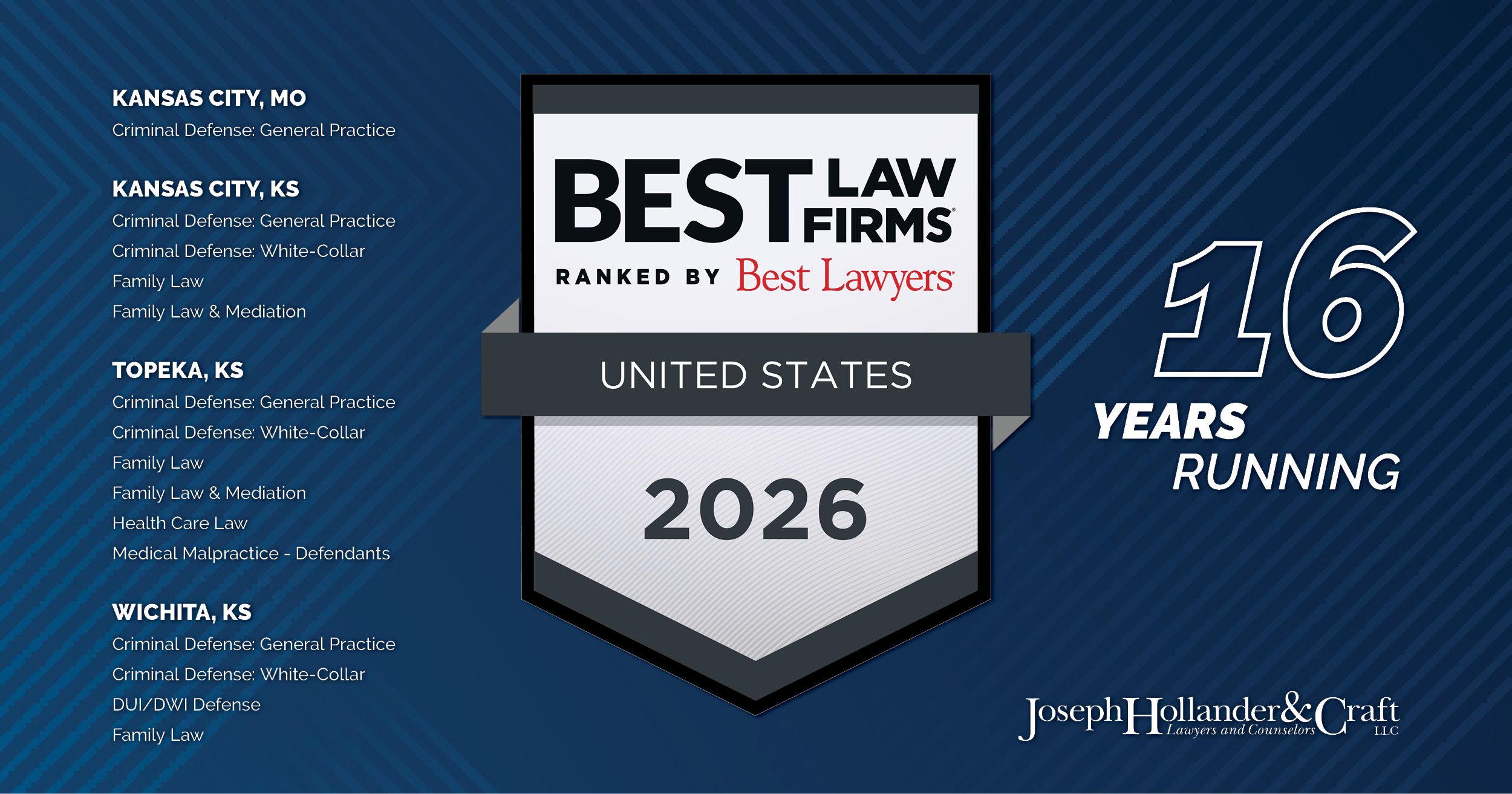Contents
- FEATURE ARTICLE: Competence in a Changing Profession
- AUTHORITY: On Cyber Breaches and Disasters (ABA Formal Ethics Opinions 482 and 483)
- ETHICS & MALPRACTICE RESEARCH TIP: New Articles from The Current Index to Legal Periodicals
- A BLAST FROM THE PAST: The Burden We Must Bear
EDITED BY: Professor Mike Hoeflich
PUBLISHED BY: Joseph, Hollander & Craft LLC
August 31, 2023
READ & DOWNLOAD FULL-TEXT PDF OF LEMR Vol. 4, No. 8
FEATURE ARTICLE: Competence in a Changing Profession
As I write this in mid-August, I am surrounded by the tools of the modern lawyer and law professor: two laptops, an iPad, an iPhone, a Wi-Fi hotspot, and a charging hub to keep these devices in working order. I also have the telephone number for the law school IT helpline posted next to my chair. My one non-digital essential, my daily calendar, sits next to me as well—a reminder of what law practice was like when I first became a lawyer more than four decades ago.
I recall vividly the first few months of my entry into the profession of law. I was fortunate to have been hired as an associate by a large Wall Street firm, Cravath. The firm gave fellow associates and me an orientation not only to the firm but also to the practice of law. This was something Yale had not provided. There was no class in legal writing, nor any class in how to practice law. Indeed, the joke was that we had learned how to find obscure cases from the 18th Century English Courts of Equity with remarkable ease, but could not tell you where to file pleadings in a New York City court. There was much truth to this. Law school had trained us to be legal scholars, not lawyers. They measured our competence by how well we handled doctrinal material on our exams. Even the bar examination was a test, not of practice skills, but of doctrine (although the New York portion did ask where one should file an Article 78 proceeding in King’s County). Unfortunately for me, I did not know what an Article 78 proceeding was nor, in fact, where King’s County was. But I still passed the Bar. . . .
AUTHORITY: On Cyber Breaches and Disasters (ABA Formal Ethics Opinions 482 and 483)
It is difficult in August 2023 to ignore what is going on in the world: massive fires in Maui and Canada, tropical storms hitting Lower California, tornadoes in the Northeastern United States, heat domes, and temperatures in Manhattan, Kansas, reaching 115 degrees. Not only are our bodies and minds unprepared for these cascading disasters, but neither are our communities, residences, and offices. The unprecedented natural disasters we are experiencing have been accompanied by the increasing insecurity of our digital devices and attacks upon them. Ransomware, data breaches, internet slowdowns, and service failures are making everyday business and professional activities ever more difficult.
We have discussed the ethical obligations of lawyers who are impacted by disasters, both natural and man-made, in the LEMR before. But the summer of disasters we’ve experienced these past few months warrant a timely reminder that lawyers must prepare for and deal with the aftermath of crises at every turn.
The two principal advisory opinions that lay out guidelines as to the ethical obligations of lawyers in natural and digital disasters are ABA Standing Committee on Ethics and Professional Responsibility Formal Opinions 482 and 483. . . .
ETHICS & MALPRACTICE RESEARCH TIP: New Articles from The Current Index to Legal Periodicals
1. Kim Diana Connolly & Elisa Lackey, The Buffalo Model: An Approach to ABA Standard 303(c)’s Exploration of Bias, Cross-Cultural Competency, and Antiracism in Clinical & Experiential Law, 70 Wash. U. J.L. & Pol’y 71 (2023).
In 2022, the American Bar Association adopted revised Standard 303(c) which states:
“A law school shall provide education to law students on bias, cross-cultural competency, and racism:
(1) at the start of the program of legal education, and
(2) at least once again before graduation. For students engaged in law clinics or field placements, the second educational occasion will take place before, concurrently with, or as part of their enrollment in clinical or field placement courses.”
This article explores some of the ways in which law schools are dealing with the new standard.
2. Douglas R. Richmond, Joint Representations and the Attorney-Client Privilege, 53 U. Mem. L. Rev. 1 (2022).
This is an important article from one of the masters in the field of professional responsibility.
A BLAST FROM THE PAST: The Burden We Must Bear
Occasionally, it is good to return to first principles. So, this month we offer some ancient wisdom for every lawyer to consider:
And he said, Woe unto you also, ye lawyers! For ye lade men with burdens grievous to be borne, and ye yourselves touch not the burdens with one of your fingers.
—Luke 11:46 (The Holy Bible, King James Version)
READ & DOWNLOAD FULL-TEXT PDF OF LEMR Vol. 4, No. 8
About Joseph, Hollander & Craft LLC
Joseph, Hollander & Craft is a mid-size law firm representing criminal defense, civil defense, personal injury, and family law clients throughout Kansas and Missouri. From our offices in Kansas City, Lawrence, Overland Park, Topeka and Wichita, our team of 25 attorneys covers a lot of ground, both geographically and professionally.
We defend against life-changing criminal prosecutions. We protect children and property in divorce cases. We pursue relief for clients who have suffered catastrophic injuries or the death of a loved one due to the negligence of others. We fight allegations of professional misconduct against medical and legal practitioners, accountants, real estate agents, and others.
When your business, freedom, property, or career is at stake, you want the attorney standing beside you to be skilled, prepared, and relentless — Ready for Anything, come what may. At JHC, we pride ourselves on offering outstanding legal counsel and representation with the personal attention and professionalism our clients deserve. Learn more about our attorneys and their areas of practice, and locate a JHC office near you.











